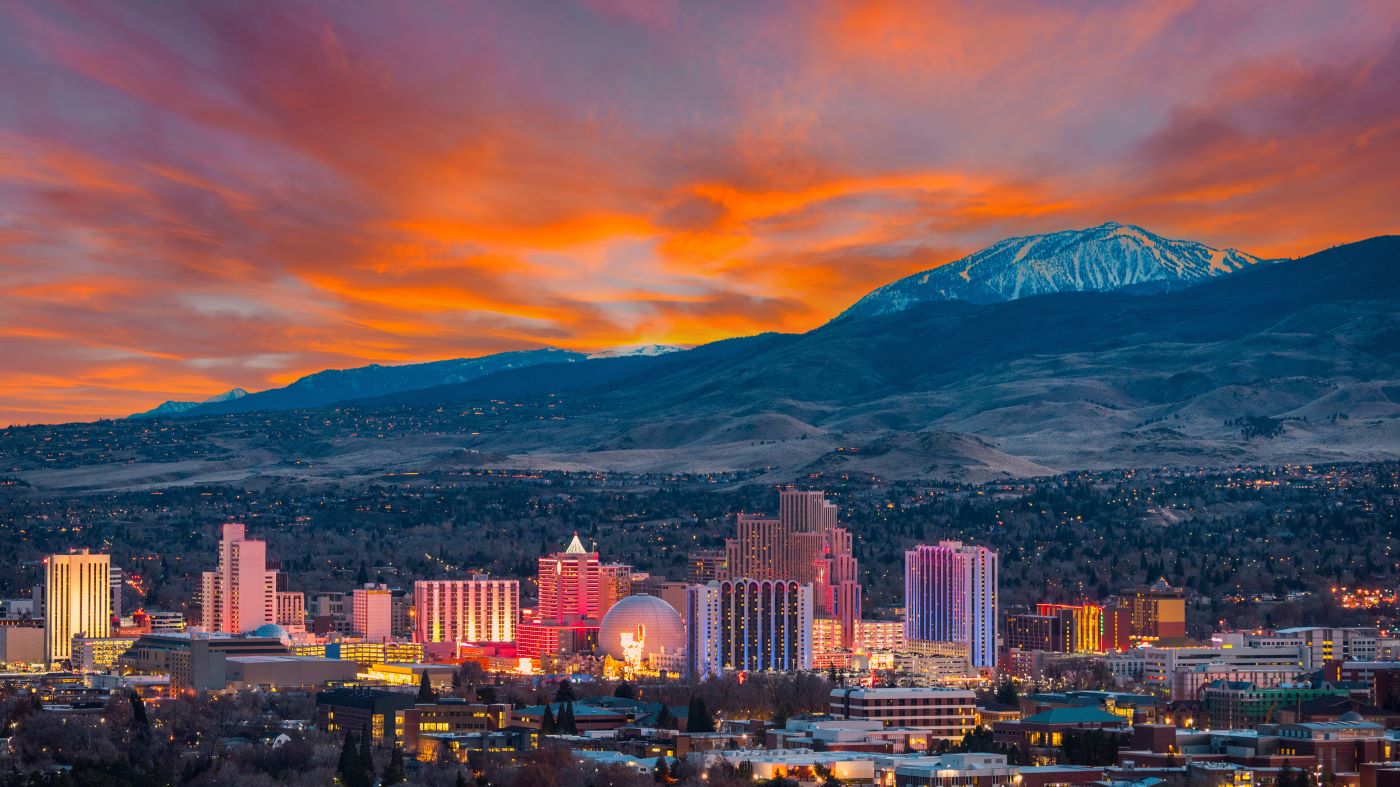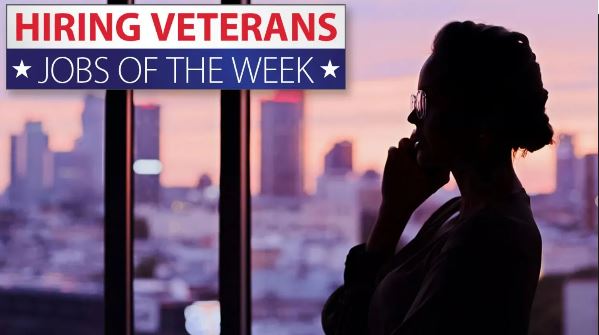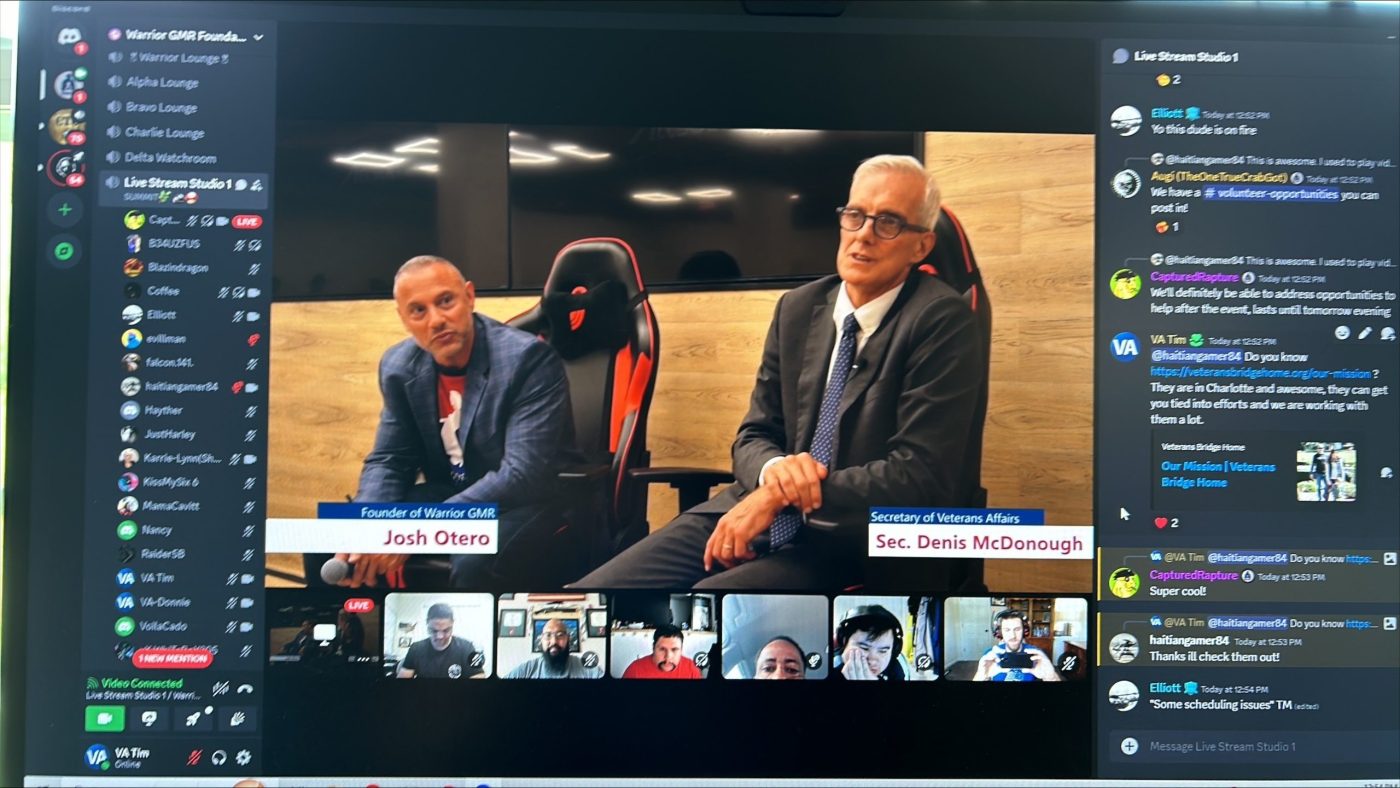For 34 Nevada Veterans at-risk or currently experiencing homelessness, the Nevada Veterans Experience Action Center (VEAC) provided much-needed hope and connections. From Feb. 20-22, 2024, Veteran serving partners hosted a virtual VEAC to provide one-on-one personalized assistance. While there are many event success stories, today, we will focus on how this one small event made a big difference for those truly in need.
Having successfully served homeless Veterans in previous events, VEAC staff created a promising practice to ensure quick turnaround service for this population.
- Prior to the event, the registration process identified needs for homeless support services and their information is logged for case management.
- A team of service providers are formed based on needs identified during registration.
- Local service providers immediately evaluate the Veterans’ needs and eligibility, and connects them with federal and community assistance, sometimes weeks before the VEAC.
- VEAC staff continue to track identified Veterans and surround them with any other identified additional event partners and services.
This experience might be the Veteran’s first with VA or simply the connection that matters.
We will walk through an overview of VA Homeless Programs later, but let’s first talk about the larger homeless crisis in Nevada.
Part of a bigger picture: Veterans in the Nevada housing crisis
While many factors contribute to homelessness, Nevada’s housing crisis is a leading factor. With limited affordable housing and skyrocketing rents, the National Low Income Housing Coalition shares that 86% of Nevada extremely low income renters experience severe cost burden, meaning they are choosing between rent and other necessities, all while fearing evictions. This is a snapshot of a larger national issue.
Each year, VA participates in the national Housing and Urban Development (HUD) Point-in-Time (PIT) count to assess sheltered and unsheltered people experiencing homelessness. National findings from 2023 show that on any single night, roughly 20 of every 10,000 people in the U.S. experience homelessness. The count dials into target groups for minorities, families, those over 55 and, of course, Veterans. Nationally, 22 of 10,000 Veterans in the U.S. fall into this category.
For Nevada, 2023 findings had a significant increase in Veterans experiencing homelessness since 2022; however, Nevada’s big work in tackling chronic homelessness is paying off and shows the state leading the way with the largest decrease in this area. Per the PIT count, Nevada estimates over 1,000 homeless Veterans at any given night. For the Nevada VEAC, just under 11% of participants identified at least as an at-risk need.
Now, let’s dig into how VA surrounds homeless Veterans with support.
VA offers comprehensive support for at-risk and homeless Veterans
Working with the United States Interagency Council on Homelessness, HUD, Labor and partners across all levels, VA is committing to ensuring every Veteran has permanent housing.
- In 2023, 46,000 Veterans were placed into permanent housing, exceeding VA’s goal of 38,000 for the second year in a row.
- In the past three years, Veteran homelessness has gone down 4%.
- Since 2010, Veteran homelessness has been reduced by more than 52%.
Comprehensive services
VA offers a wide array of services to address the full range of housing needs Veterans may have, including:
- Outreach, engagement, assessment, and referral services, such as Health Care for Homeless Veterans (HCHV) and the National Call Center for Homeless Veterans; these are the front doors to both VA homeless programs and the broader VA health care system.
- Residential services such as the HCHV Contracted Residential Services or Grant and Per Diem programs provide temporary placement, in the form of emergency or transitional housing, for Veterans who need a place to stay right now.
- Permanent housing services such as the Supportive Services for Veteran Families and HUD-VA Supportive Housing, or HUD-VASH, programs connect Veterans to affordable housing in their communities. These services come with either short or long-term rental subsidies, case management and varying levels of wrap-around supportive services to ensure that Veterans have all the necessary resources to stay housed.
VA also has programs to assist Veterans in the criminal justice system with accessing VA services, help Veterans gain meaningful employment, or take care of their health needs through primary care tailored to the unique access barriers that Veterans experiencing homelessness face.
Nevada VEAC: Making connections
As participants register for a VEAC, they are asked, “Are you now or at risk of being homeless in the next 90 days?” Of the 312 Nevada VEAC participants, 34 identified this issue during registration and were immediately connected to local VA service providers. Prior to the event, the service providers evaluated each case to find housing solutions, both temporary and more permanent, along with connecting them to needed health care. Additionally, VA benefits staff were notified so the Veterans’ VA disability claims could be worked immediately. For those who received a service-connection rating, they will receive a monthly VA disability payment, and some will receive a significant retroactive compensation from when the claim was first filed. With urgent housing, health care and some financial needs met, these participants were invited to virtually attend the Nevada VEAC to connect with local partners and resources, such as County Veteran Service Officers and non-profits serving the Veteran community.
While we just provided an example of how a VEAC impacts homeless or at-risk Veterans, we would also like to share how the Nevada VEAC positively impacted all the participants. Here are the preliminary numbers:
- 312 participants received 568 services. Participants had the opportunity to connect with numerous services with VA and partners.
- The VEAC was the first time 41 participants interacted with VA. These participants were afforded the real-time convenience of getting all their VA answers in one place.
- 15 participants were provided resources for transitioning from the military. These participants were given a VA map before they started their VA journey!
- 278 participants received VBA services. These participants filed VA benefits claims, asked about Veteran Readiness & Employment (VR&E) services, and received status and letter reviews.
- 114 participants connected to VHA. These participants were able to enroll in VA health care, schedule appointments and speak to patient advocates.
No Veteran should be without a place to call home
Anyone can help connect a Veteran who is homeless or at risk of homelessness with VA care. If a Veteran you know is homeless, at imminent risk of becoming homeless, or in crisis, make the call to 877-4AID-VET (877-424-3838) or chat online at va.gov/homeless.
We can all make a difference in ending Veteran homelessness! If you are a landlord ready to provide affordable housing to our nation’s heroes, an employment partner, or an organization that can assist with donations—VA needs you. Each moment matters.
Topics in this story
More Stories
Each week, we receive job announcements from employers and employment websites—including RallyPoint, RecruitMilitary, VetJobs and HireMilitary—looking to hire Veterans. This post contains links to job listings for the week of July 22, 2024. Each week, we’ll continue to post relevant and timely listings as we receive them, and for the locations listed.
VA hosted its second virtual regional Veterans Experience Action Center (VEAC) June 11-13 as part of a series targeting recently separated Veterans and military members nearing transition out of the armed services.
VA Secretary Denis McDonough spoke to Veteran gamers at the Warrior GMR Mental Health and Gaming Summit July 12 in Washington, D.C.







That is great that something positive is being done. Good job everyone. Just a couple of years ago, I was homeless in Carson City, went to the place to help solve my issue. Gave the names of two places, neither one had anything that fit the program. Honest that was it, zero. Of course in the 1970’s there was not even a referral. Again, thanks for making a difference.
Nevada Vet,
Gordon
There is a spacious base outside Las Vegas. If some few acres could be set aside for these targeted Vets some number of “Tiny Houses” could be put there. These tiny houses can be built for about $5,000. These would be made to withstand abuse, keeping in mind the rough lives they’ve been living. Easy to clean and minimal accessories for short term occupancy while they get on their feet.
On base they will have access to commissary and BX and medical. As each person finds work and their own housing the tiny house can be cleaned out and prepared for the next Vet needing help.